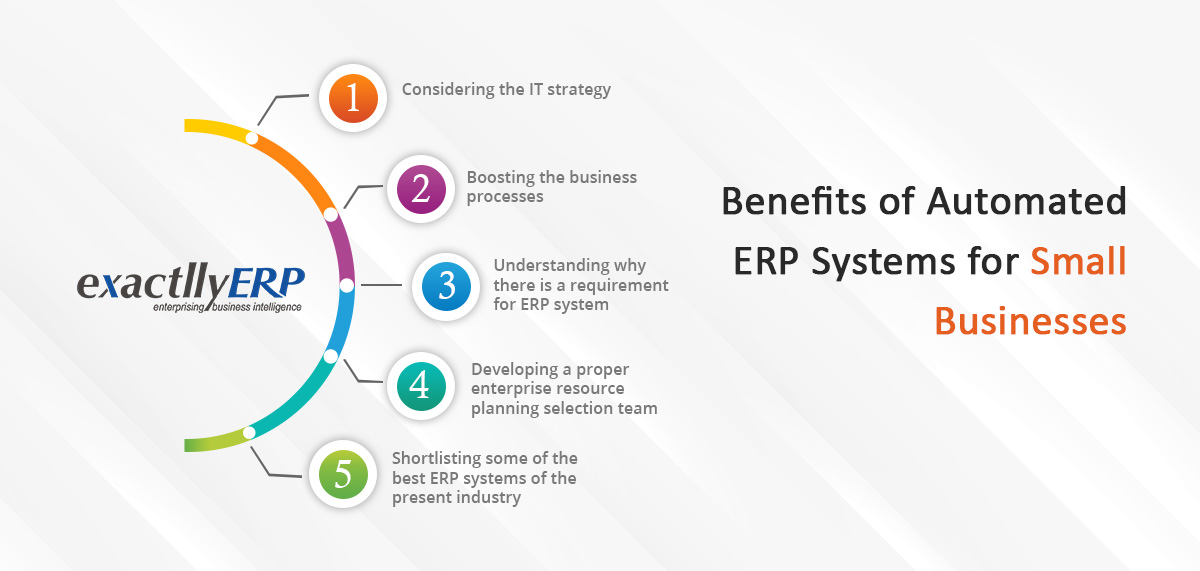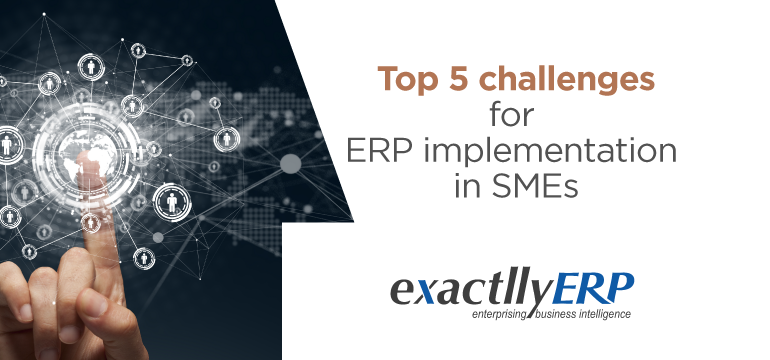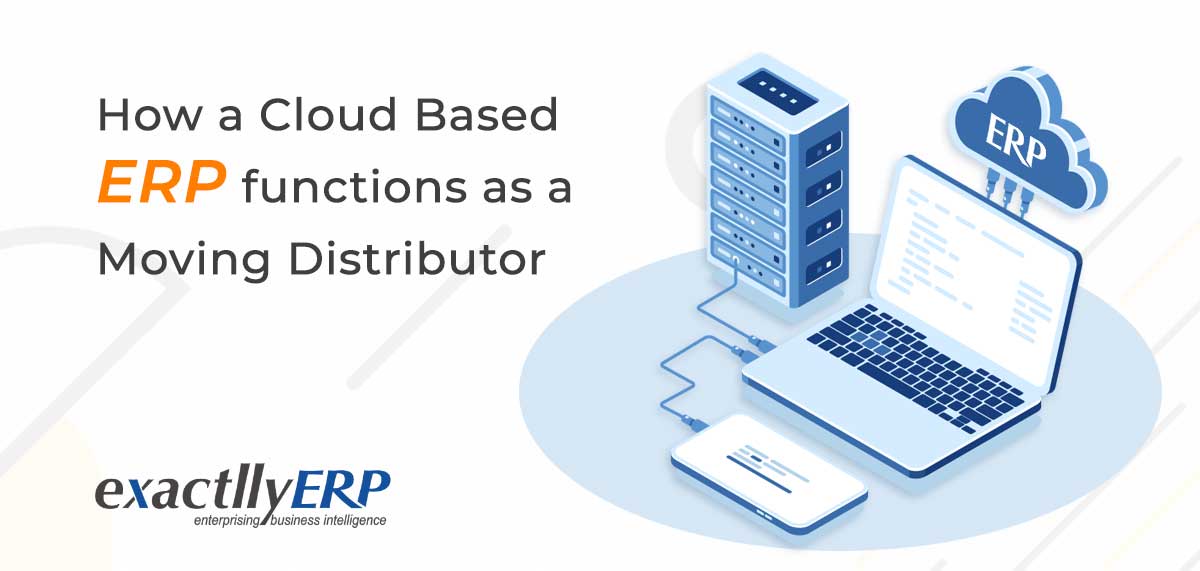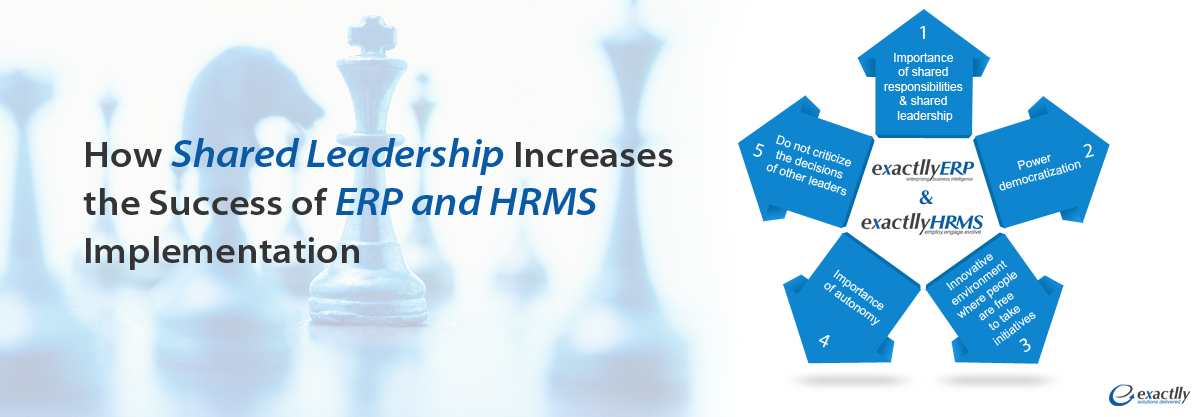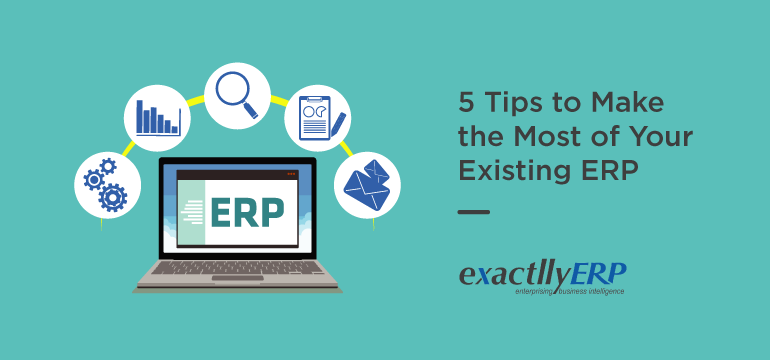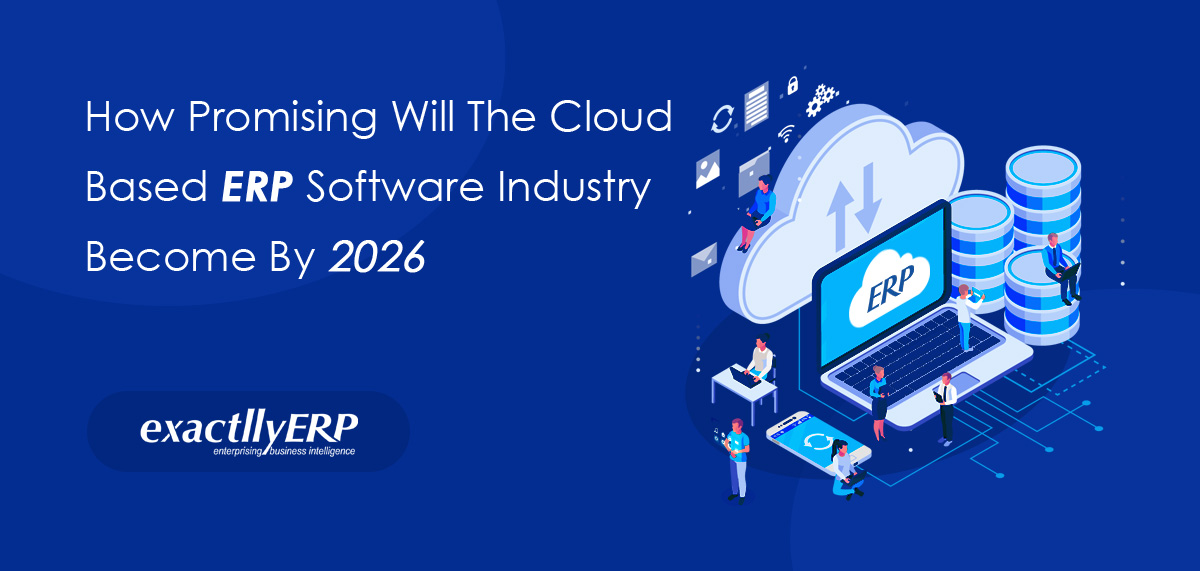What do we need to know about the Global Cloud ERP Market?

Before we dive in to learn about the current position of the global cloud ERP market, it is vital that we understand the concept of cloud computing. It is the delivery of various computing services incorporating databases, software, servers over “the cloud” to extend flexible resources and quicker innovation. Businesses can only pay for cloud ERP services they need, thereby decreasing operating costs and running infrastructure efficiently. An automated and efficient cloud ERP software is what every company needs today in order to manage multiple warehouses and extensive financial requisites effortlessly. In this blog, we are penning down the present statistics of the global ERP market and how the ERP market is going to help businesses scale in the new future. If we look at the current scenario of global cloud ERP, it offers us a highly promising picture. When it comes to cloud ERP solutions, organizations need to adopt right away to experience innovations from every side.
Displaying the Statistics of the Cloud ERP Market:
The value of the global ERP market size in 2019 was USD 26.62 billion and is estimated to go beyond USD 52.84 billion by 2027. It means that it will grow at a CAGR of 9.67% from the year 2020 to 2027*. Within the present market, organizations can find some of the best cloud ERP solutions that will give them the boost to cope with the changes taking place in the business environment.
The global cloud ERP market offers a holistic evaluation of the current market. In the report, numerous segments alongside trend analysis and factors play a crucial role in the present market. Some of the factors are the drivers, market dynamics, opportunities, challenges and restraints through which the effect of the sector is outlined. The restraints and drivers are intrinsic factors, and the industry’s challenges and opportunities are extrinsic factors.
Overview of Cloud ERP Market:
Cloud enterprise resource planning software can be described as a software-as-a-service that assists the users in accessing the software that is operated on shared computing resources via the internet itself. Organizations can access software applications like disk storage, memory via the internet, processing power by deploying cloud ERP software. Cloud ERP adoption is very much needed nowadays. These computing resources are highly advantageous to small & medium businesses specifically as it helps them access applications at a cost-effective price without the usual upfront expenditure for specific hardware and software.
Overview of the Worldwide Cloud ERP Market:
The biggest drivers for the escalation of the cloud ERP market are the requirement for lower upfront expenditure and ROI, followed by a rising organizational need for boosting employee efficiency and productivity. Alongside the embracing of cloud-based solutions, analytics and the emergence of big data is flourishing the need of the cloud ERP market globally. Also, boosting government initiatives alongside enterprise management solutions and technology advancements and the requirement for cloud ERP technology in sectors globally is expected to fuel market growth.
There will be some challenges as well that might hinder the growth of the cloud ERP market, like limited customization prospects for SaaS-based enterprise resource planning and many more. However, the integration challenges with on-premise and legacy systems can be combated with the emergence of ERP vendors like Exactlly. Their software products are advanced and high-end and are designed by keeping the current business requirements in mind. It is important to associate with an ERP partner who can offer the best ERP software in Kolkata, as organizations can only scale with the best ones.
Segmentation Analysis of the Worldwide Cloud ERP Market:
If we look at the present cloud ERP market, we can notice that it is segmented depending on organization size, industry vertical, deployment model, geography and function.
The deployment model bifurcation of the global cloud ERP market looks like this:
- Public cloud
- Hybrid cloud
- Private cloud
The fastest-growing implementation mode in the market is hybrid cloud deployment, as it extends mixed benefits of public cloud deployment and private cloud-based systems. Users within a hybrid deployment can enjoy locally hosted ERP services or privately hosted services offered by reputed ERP service providers.
The organization size bifurcation of the cloud ERP market looks like this:
- Large enterprises
- SMBs
The large enterprises are anticipated to hold the most impressive CAGR in the prediction period because of continuous investment in R&D, specifically in ERP training, education of employees and workshops. Any ERP business collaboration enables organizations to reach the peak of success when they focus largely on employee training, as employees are the ones who will mostly be using the software. When large enterprises proactively adopt cloud ERP solutions, they are helping boost their segment largely.
Bifurcation of the global ERP market based on function looks like this:
- Finance
- Operations
- Marketing
- Sales
- Human resources
The highest CAGR is expected within the finance segment in the prediction period. The segment is crafted to be integrated, scalable for international companies, and all-inclusive. The features like analytics and ledger, assets and payables, sales order, and customer invoices display the significance of finance within an organization. Cloud ERP colleges financial data and helps generate reports like overall balance sheets and ledgers. The attributes will fuel the finance segments for the forecast period.
Bifurcation of the cloud ERP market depending on industry vertical looks like:
- IT and telecommunications
- Public and government sector
- BFSI
- Life sciences and healthcare
- eCommerce and retail
BFSI or Banking Financial Services & Insurance holds the biggest market share. Sales order is a very vital thing in the BFSI sector. The factors can be addressed for the insurance and the banking sector that gathers huge data amounts from several sources. The factor of this industry vertical incorporates the participation of sensitive data like account details of the HNI or high-income group and traders’ operations.
Bifurcation of cloud ERP market by geography:
- Europe
- Asia Pacific
- North America
The largest cloud ERP market share is held by North America. Other things that will be witnessed are the rise in cloud-based ERP applications in government, retail and manufacturing fields in Canada and the US.
Cloud ERP Market in India and USA (2019-2022):
- As per a report, at least 40% of the new product-centric enterprise resource planning deployment in big enterprises will be software-as-a-service solutions that will be integrated with on-premise MES or manufacturing execution systems by 2021.
- The worldwide cloud ERP solutions market is anticipated to go beyond $29 billion by 2022 with an average of 9% CAGR or compound annual growth rate.
- The market size of the cloud ERP software solutions is anticipated to increase from $20.55 billion in 2016 to $30.85 billion by 2021, and it will obtain a CAGR of 12% in the prediction period.
If we look at the comparison, the domination of North America over the cloud ERP market will be prevalent because of the rapid adoption of next-gen technologies such as IoT, mobility, cloud, analytics, big data and a lot more.
The cloud ERP market of North America is anticipated to rise from $9.4 billion in 2018 to $12.1 billion in 20222, thereby obtaining a CAGR of 6.8% as per a report.
Parting Thoughts:
A powerful and efficient cloud ERP software solution can integrate numerous mission-critical processes and facilitate real-time visibility across numerous business functions. The scope of the global ERP market is highly promising. Every business now wants to benefit from the global ERP market. If you want to harness the advantages of cloud ERP solutions, then exactllyERP can enable all business sizes to function at high levels of productivity and efficiency. It is imperative for businesses of today’s world to learn about the current and upcoming scenario of the cloud ERP market so that they can advance accordingly with the best cloud ERP software. Go through the Free Demo of this ERP market software to understand how to benefit from the best cloud ERP software in the near future. Contact Us for further discussions.
*Source – https://www.verifiedmarketresearch.com/product/global-cloud-erp-market-size-and-forecast-to-2025-2/
FAQ:
(1) What is Cloud ERP?Cloud ERP is an ERP system operating on a vendor’s cloud platform that enables companies to access the internet. This system includes no downsides such as upfront licensing fees. (2) What is the future of the ERP market?The future ERP market is estimated to reach $68.40 billion by 2026. More and more businesses are now undergoing digital transformation. (3) Which is the most critical phase in ERP Implementation?The most critical phase in ERP implementation is the data integration and migration process. Unexpected errors can be avoided by focusing on this. (4) What direction will the growth of the ERP market take?The worth of the global ERP market size was $40, 360 million in 2019 and is estimated to reach $88,306 million by 2026. It will grow at a CAGR of 10.5% from 2020 to 2027. (5) Are ERP’s usage increasing or decreasing?ERP usage is increasing and as per the statistics it is moving towards more utilization and global demand. (6) How effective are ERP Systems?Effective ERP systems are able to offer full support to the operational unit to fulfil its internal targets. Data quality needs to be good. (7) What is the heart of the ERP System?The central database is at the heart How can you increase the chance of a successful ERP implementation? The chance of a successful ERP implementation can be increased by selecting the correct partner for the job, selecting the correct solution for a given situation and planning for the future. (8) What are the failure factors of ERP Implementation?The reasons for ERP failure are poor software sit, inadequate team resources, insufficient funding, absence of accountability to make high-quality decisions. (9) Why are ERP Systems worth their cost?Organizations can manage their customers, inventory and staff with ERP systems and this makes the software products worth their cost. (10) What are the advantages of ERP to a business?ERP system manages the business in a single system and keeps the business updated and streamlines the processes. (11) What is Cloud ERP Implementation?It is the implementation of a system of ERP tools and software that are managed and hosted offsite by an ERP vendor in the cloud. (12) What is Cloud ERP and how does it work?In cloud ERP, the installation of the software takes place on the server that is offered by the vendor. The ERP vendor is responsible for maintaining, securing, installing and upgrading the customer’s data and application. The user can access the ERP application via the Internet. (13) What are the ERP Implementation methods?The ERP implementation methods are the big bang, phased & parallel. There are inherent demerits and merits to each approach. |

